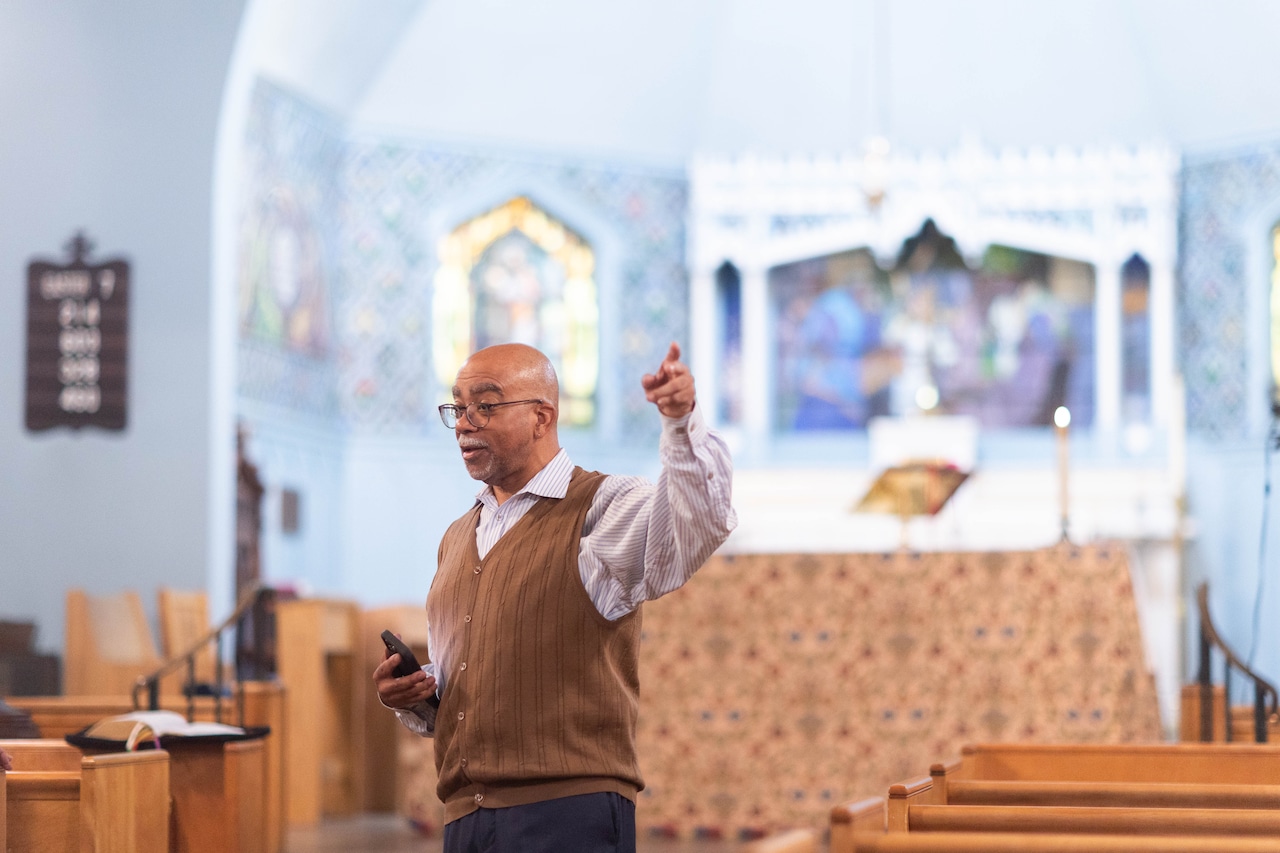Spiritual Trailblazers: Hudson's Visionary Religious Leaders Who Ignite Hope and Change

Remarkable Individuals of Faith: Lifelong Dedication to Serving Others
Throughout history, extraordinary individuals have emerged whose unwavering faith and profound commitment have transformed communities and touched countless lives. These exceptional leaders dedicated decades of their lives to making meaningful differences, demonstrating remarkable compassion, resilience, and vision.
Their journeys were not merely about personal achievements, but about creating lasting positive change. Each of these inspiring individuals understood that true service goes beyond momentary gestures—it requires sustained effort, deep empathy, and an unshakable belief in human potential.
From grassroots community organizers to global humanitarian workers, these people of faith consistently went above and beyond, addressing complex social challenges with grace, determination, and genuine care. They worked tirelessly to uplift marginalized populations, provide essential resources, and create pathways for hope and progress.
Their legacies are not measured in accolades, but in the lives they've improved, the systems they've challenged, and the hope they've kindled in communities that desperately needed support. Their stories remind us that profound change is possible when compassion meets committed action.
These extraordinary individuals stand as powerful examples of how faith, when authentically lived, can be a transformative force for good in our world.

